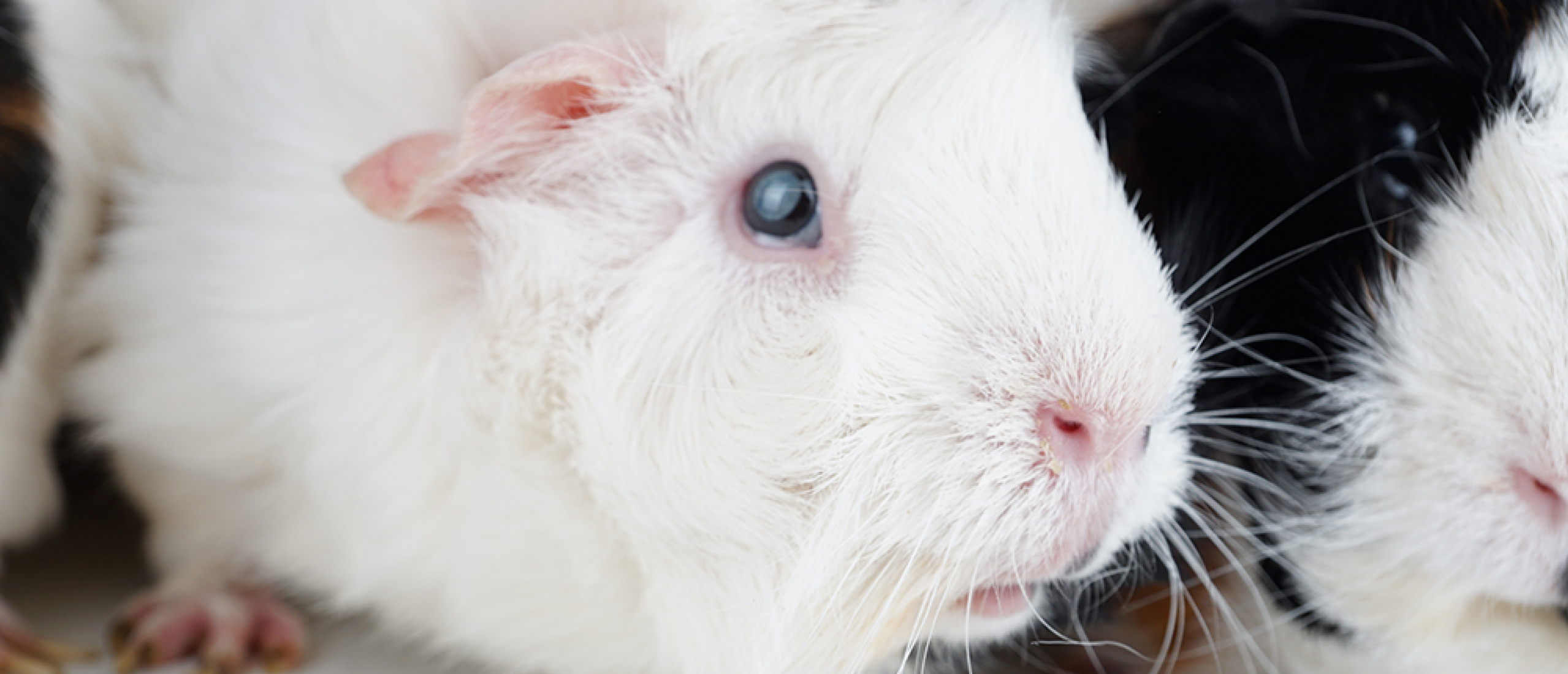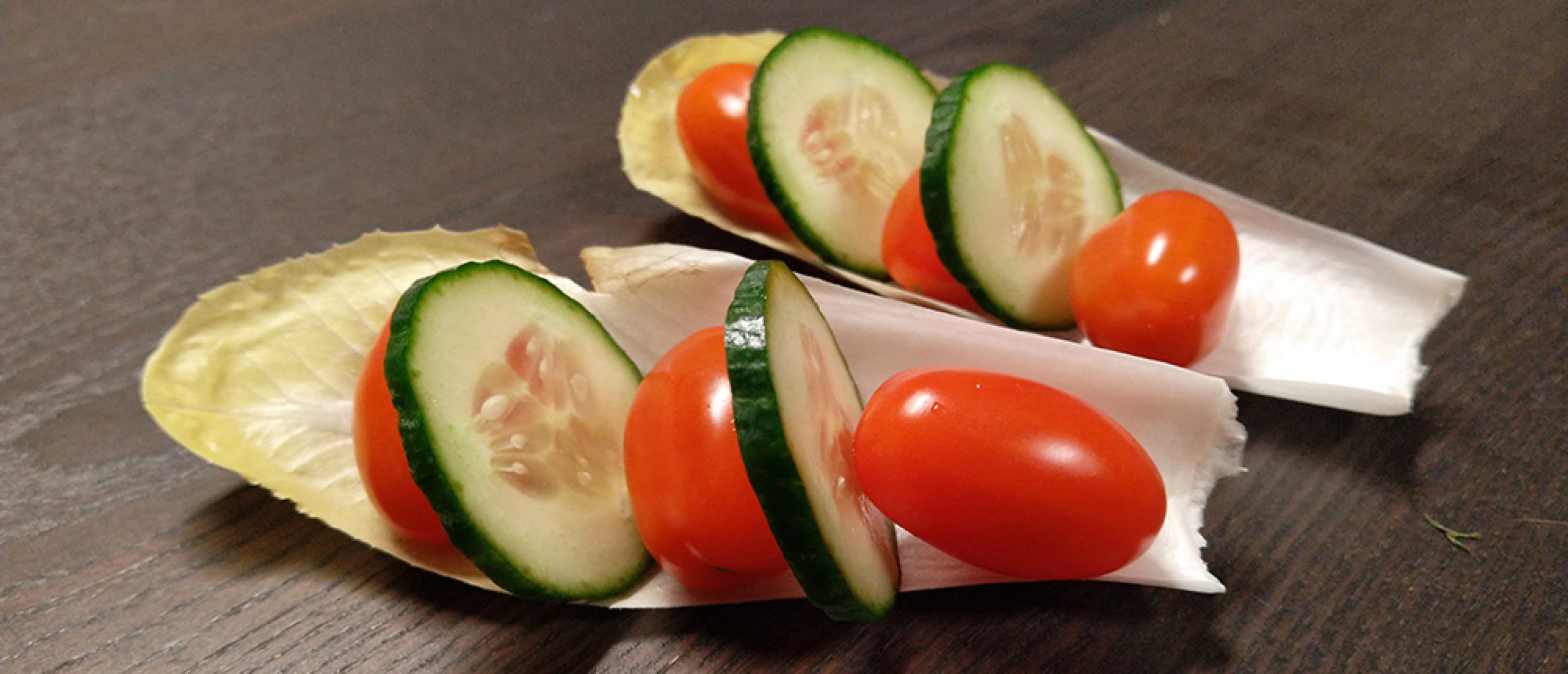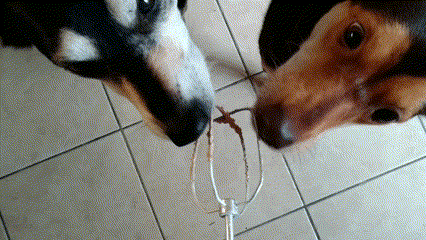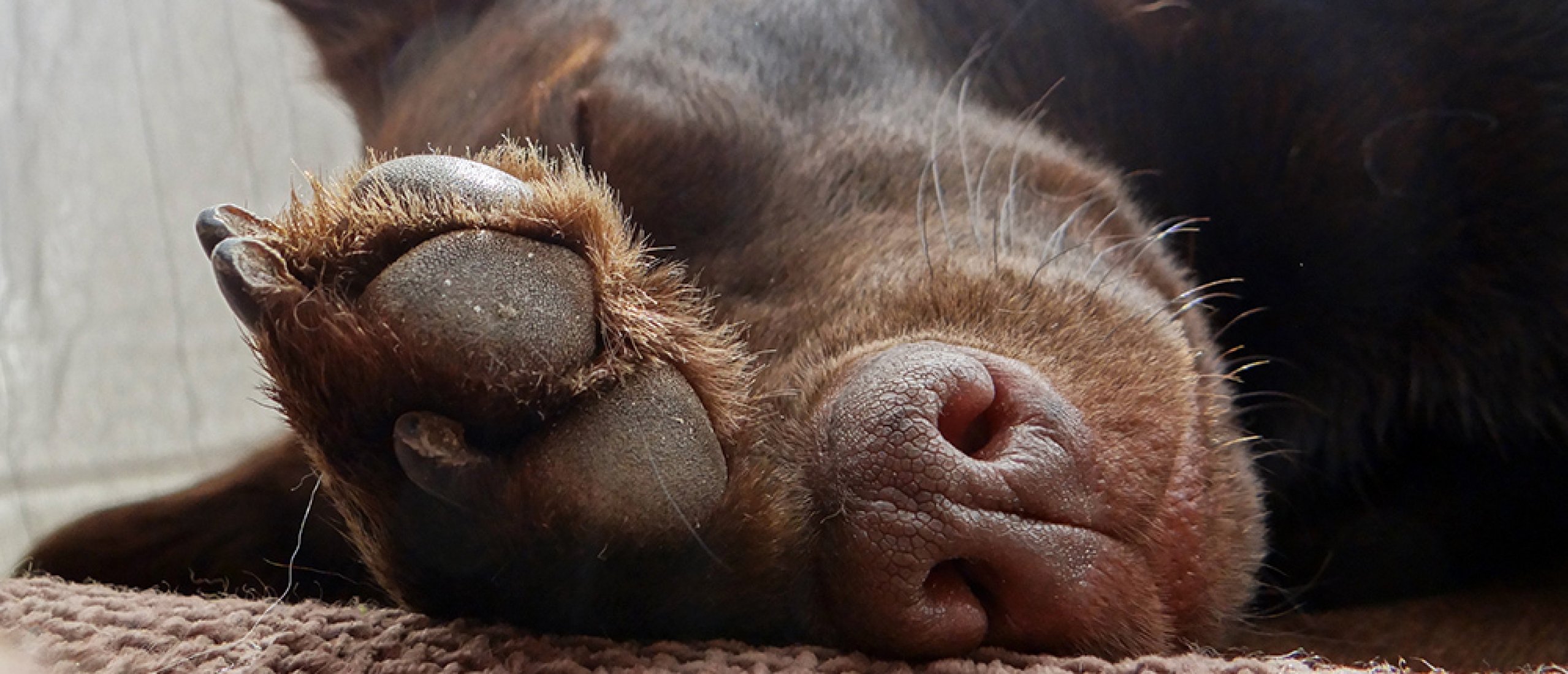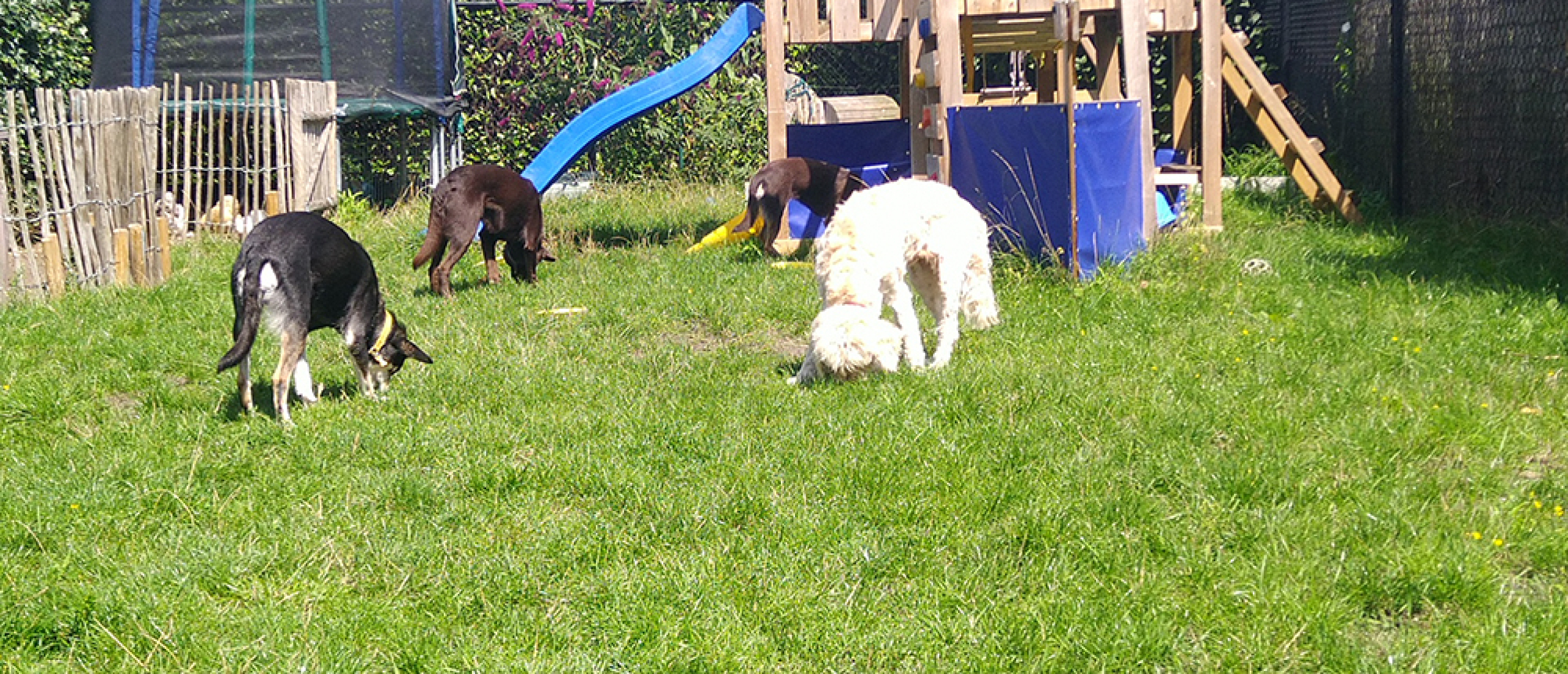Prefer to watch this blog instead of reading? Here you go!
In recent years, we have increasingly seen diabetes in guinea pigs in our animal shelter or in guinea pigs from other owners. This can be hereditary, but might also be the result of the wrong diet. What is diabetes, how do you recognize and treat diabetes in guinea pigs and, also very important, how do you prevent diabetes as much as possible?
What is Diabetes?
Diabetes is a disease in which the pancreas produces too little insulin to remove all glucose from the blood. As a result, the blood sugar is not properly absorbed into the body, which can cause numerous problems. Just like in humans, you have a hereditary form, Diabetes type 1, which usually occurs at a young age. The pancreas then does not produce insulin at all. Type 2 diabetes is also known as adult-onset diabetes. The body can’t produce enough, or insulin sensitivity is reduced because too much glucose has to be processed too often, so that more insulin is needed than the body can make. This often occurs in older animals, but if guinea pigs are provided the wrong diet, it can also occur at a younger age.
Diagnosis
In humans, a diagnosis is usually made by measuring the blood sugar level. This is also possible with guinea pigs. In addition, a guinea pig with diabetes has glucose in the urine without having a bladder infection.
Symptoms
Many guinea pigs appear to be able to withstand high glucose levels reasonably well, but they can develop diabetes if they become sensitive. This can lead to all kinds of problems for the guinea pig.
As owner you can detect:
- More drinking, because high sugar levels must be diluted with water.
- More urine, because the animal drinks more.
- Disturbed hormone balance, which can lead to fertility problems, for example.
- Cataracts on the eyes, often very typical discoloration of the lens.
- Bladder infection may occur more often.
- More hunger, because the energy intake is disturbed.
- Overweight or underweight in the guinea pig. An overweight guinea pig that receives too much energy-rich food is more likely to develop diabetes. Losing weight can also happen because the energy cannot be absorbed properly, especially if the guinea pig was first too fat and suddenly loses weight. However, dental problems are also a common cause of weight loos).
Treatment
With type 1 diabetes you can inject insulin to help the animal get the glucose out of the blood. Usually guinea pigs suffer from type 2 diabetes. Then it is not very useful for a guinea pig to administer insulin, but the diet can of course be properly adjusted. With the right adjustments, a guinea pig can grow old in a healthy way.
Diet for guinea pigs with diabetes
First, an overweight guinea pig must lose weight: you reduce the amount of kibbles, you do’nt give low-fiber food or sweets and no fruit. Extra exercise can also benefit health and promote weight loss.
What do you give?
- Different types of hay and fibre-rich food or green oats
- Green herb mixes with many leaves, stems and flowers. In our webshop you will find an overview for every mix to see if they will suite specific situations. For guinea pigs with diabetes you can safely give the herb mixes for overweight animals.
- Many different low-energy vegetables, such as leafy greens and celery.
- Provide enough exercise! This stimulates the blood circulation and therefore the body to get the nutrients to the right place, to remove the waste and to stimulate the overall functioning of the body. You give more exercise, for example, by keeping your animals in a large enclosure, by offering their food more widely throughout the cage and by offering the food more challenging, so that you have to work for it.
What should you avoid?
Give little or no food and snacks with a high energy content and little fibre. This causes a high release of sugars in a short time, which should be prevented. For example, do not give nibble sticks, biscuits and fruit.
Finally.... are you unsure about the health of your guinea pigs? Please contact a specialized veterinarian!

